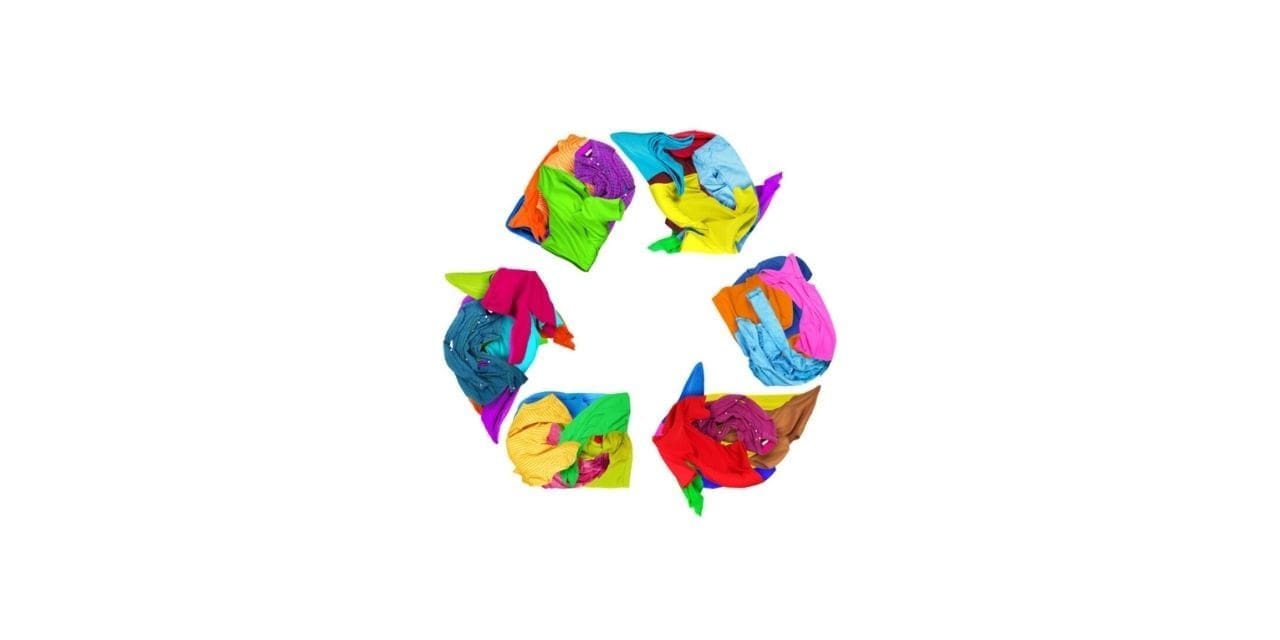One business sees a lot of possibilities as the fashion industry’s garment and textile waste piles up. Recover, a fourth-generation family-owned firm with a 70-year history in textile recycling, recognised recovering fibres as a means to revolutionise the fashion industry long before it was fashionable.
Recycling is no longer regarded as filthy or substandard; it is a must for newer, more conscientious generations. According to Mckinsey and GFA’s Fashion on Climate study, which was issued at the end of 2020, the fashion sector should step up its efforts to decrease yearly emissions to about 1.1 billion tonnes. Since then, Recover has been honing its process, with today’s urgency for climate action driving up worldwide demand for recovered fabrics, especially cotton.
Recycled cotton decreases the requirement for virgin cotton cultivation, therefore reducing the usage of pesticides and fertilisers. Recover recovered cotton has a global warming potential that is about ten times lower than virgin conventional cotton. Recycling coloured textile materials into colourful fibres and yarns minimises the requirement for downstream dyeing, lowering the quantity of water and possibly hazardous chemicals used.
Recover, a textile waste recycling firm, intends to expand its operations in Bangladesh. The company is developing a business case for textile-to-textile recycling in collaboration with the Circular Fashion Partnership and ReHubs. According to Faisal Ahmed, CEO of ADM Ltd, recycling old denim into new denim has made significant progress in recent years. “We are at a period of enormous possibility to grow and reach mass adoption.”
Recover, a recycling firm, hopes to generate 200,000 metric tonnes of recovered cotton fibre by 2025. This will save up to three trillion litres of water each year and allow 500,000 acres of cotton farmland to be diverted to other purposes. Recover is presently constructing a second plant in Bangladesh, which will be completely operational by the fourth quarter of 2021.

